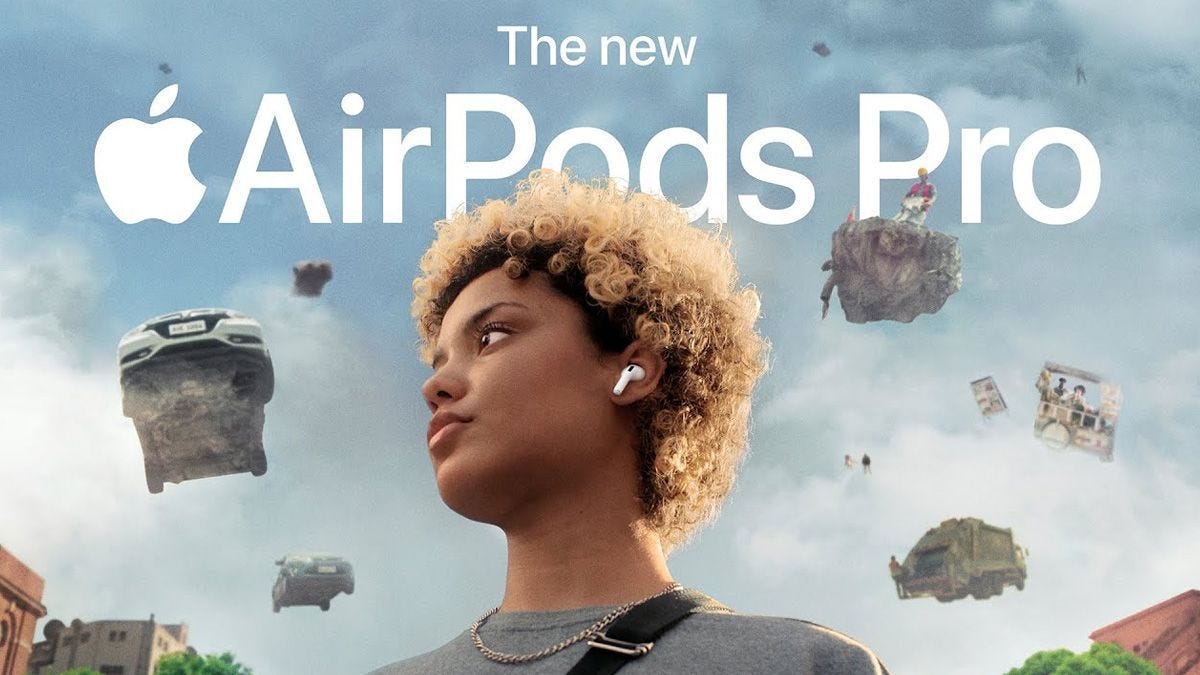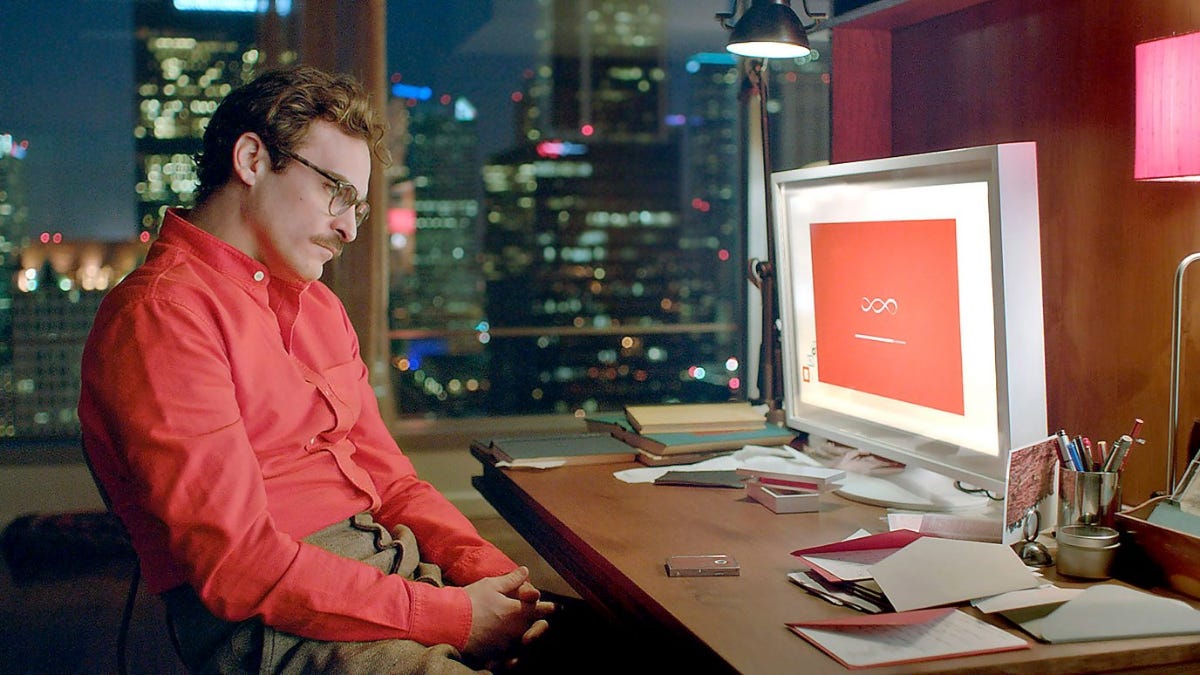Every sound brand, from Bose to JBL to Apple, seems deeply committed to associating their product with the future. I don’t mean the near future, with its wildfires, drought, and empty reservoirs, I mean the future in Her where suddenly we’re all walking around talking to our imaginary, husky-voiced girlfriends.
Audio ad campaigns take us to other-worldly, far away, out there places.
With the same saturated dreamlike imagery, no-real-pov copy, and disembodied humans, the work around sound is largely disconnected to our current culture. Rarely too do I see sound brands showcasing an authentic music-first feeling. If artists are brought in, they’re often copy and pasted into social content, engaged in gimmicky moments designed for reels.
Where is the real?
Where are the people?
Where is the music?
To me, the clinging to this future, sterile, non-committal aesthetic has something to do with an anxiety about the category.
Consumer electronics are expensive and become outdated overnight. There’s always a new update. A new feature. Noise cancellation. Transparent cancellation. I could go on and on.
Claim a cutting-edge position, these consumer electronics brands think, will convince us that the 600 dollar headphones are worth the splurge and won’t become outdated overnight. The software behind these headphones, these ad campaigns argue, is in 2500, so don’t worry about this big purchase becoming worthless in 2-3 years.I truly think the explanation behind this creative pattern is that simple.
With such uninspired ads, it’s no wonder that so many people are going back to analog sound, finding delight in cassette and record players and even retro, crackly headphones (plug in, you’re done, nothing fancy.)
Those who take their sound less seriously, at least from what I have observed, buy a speaker thoughtlessly and don’t think much more of it. There’s no emotional pull there. How could there be?
The brands behind them are selling a future that we can’t see ourselves in. Or, don’t want to.
Apple doesn’t use this futuristic aesthetic when they market their phones. In fact, that work is often (almost gratingly so) human, felt, and connected.
I think it’s because they know we kinda have to buy their phones at this point. They’re a little more anxious about selling their speakers.
I listen to think about what it might be like to see Joan Baez at the Newport Folk Festival, not think about where we’re headed next.











thereeee but for fortuneeeee
True it’s a common thread for the brands whose target consumer is basically anyone! Futuristic designs + otherworldly ad campaigns, to convey cutting-edge sound and specs. It's a tried-and-tested playbook for that saturated market. But I can think of several big audio brands that go against the grain of sci-fi aesthetics: Marshall, AKG, House of Marley, to name a few. The ones that come from musicianship and heritage tend to stick with more traditional aesthetics associated with recording studios, etc.